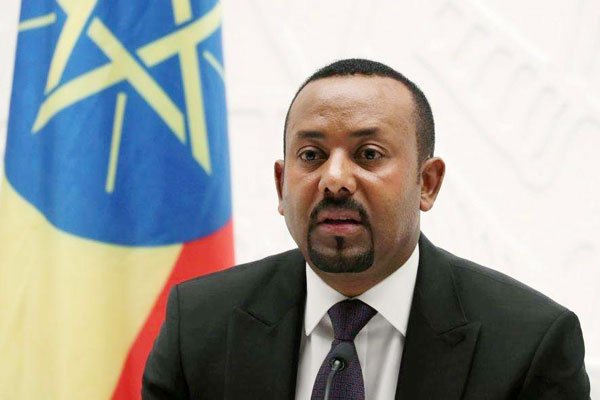ADDIS ABABA, Ethiopia — In a renewed push to transform Ethiopia’s rural landscape, Prime Minister Abiy Ahmed on Sunday launched the construction of several model villages in the Central Ethiopia Region, marking a new phase in the country’s rural corridor development initiative.
The initiative, which falls under Abiy’s broader “Ethiopia Tamrit” (Let Ethiopia Be Prosperous) vision, aims to modernize underserved communities through the integration of low-cost housing, community-managed irrigation systems, and sustainable agriculture technologies.
“These model villages represent the backbone of Ethiopia’s future,” Abiy said during the launch event.
“We are building not only homes, but hope—for farmers, families, and future generations.”
Each model village is designed to include residential housing, solar-powered irrigation infrastructure, storage facilities, schools, clinics, and markets—offering a complete living ecosystem intended to discourage rural-urban migration and reduce poverty.
Officials say the initiative will rely heavily on local labor and materials to drive job creation while promoting environmental sustainability.
The government has pledged to support farming cooperatives in each village with access to modern inputs, training, and water-efficient farming systems.
The launch comes as Ethiopia’s economy grapples with the aftermath of internal conflict, climate-related shocks, and inflationary pressures.
With the urban population expanding and arable land under pressure, the government sees rural development as both an economic and social imperative.
Critics, however, caution that implementation will require robust oversight and community engagement to avoid past pitfalls where similar rural programs failed due to weak infrastructure, funding gaps, or lack of maintenance.
Abiy’s government has insisted this round will be different, citing lessons learned from earlier resettlement schemes and pilot projects.
“We are integrating modernity with local wisdom,” said a senior official in the Office of the Prime Minister. “The goal is to create not just physical infrastructure, but a viable rural economy.”
The rural corridor initiative is expected to roll out in phases across multiple regional states, with Central Ethiopia serving as the testing ground.
International development partners, including China and the UN Development Programme, are reportedly observing the program for possible replication or support.





